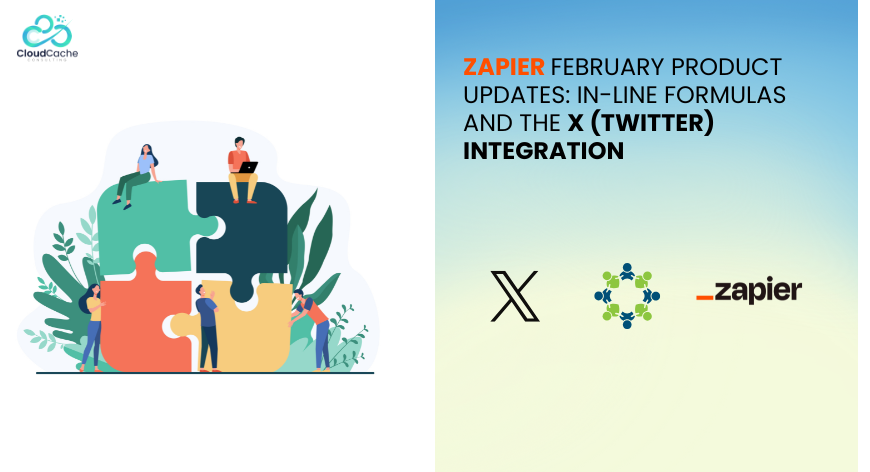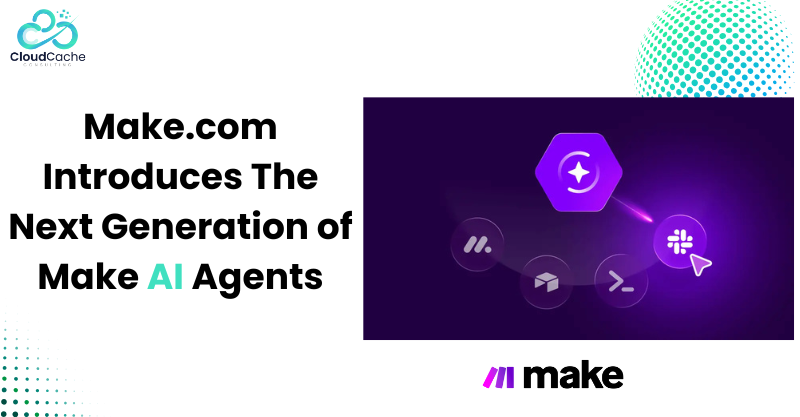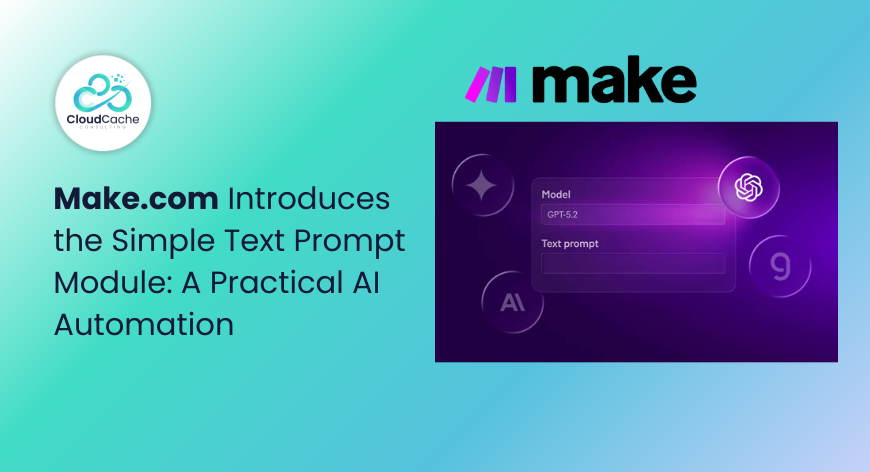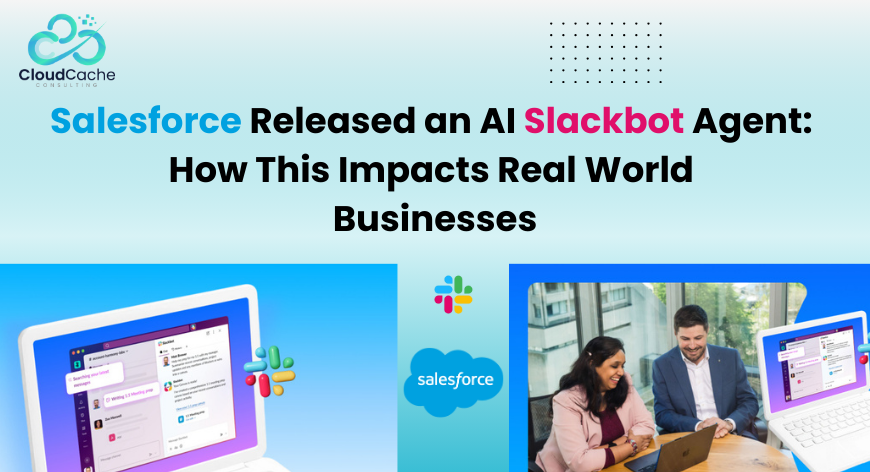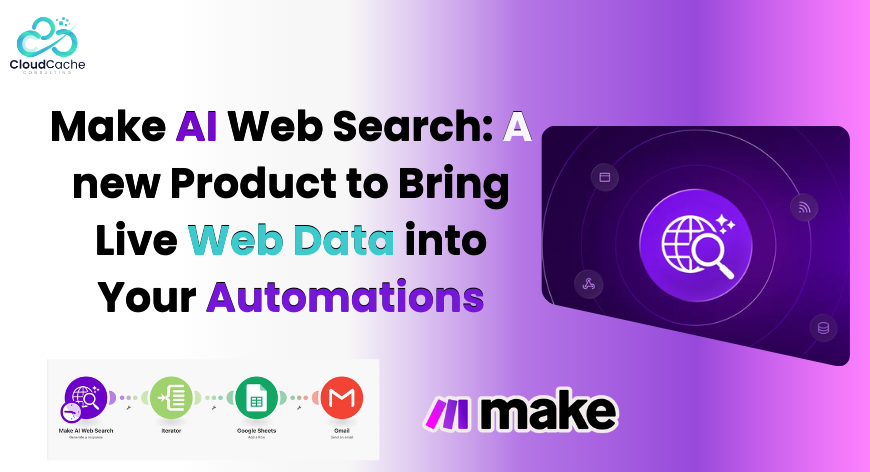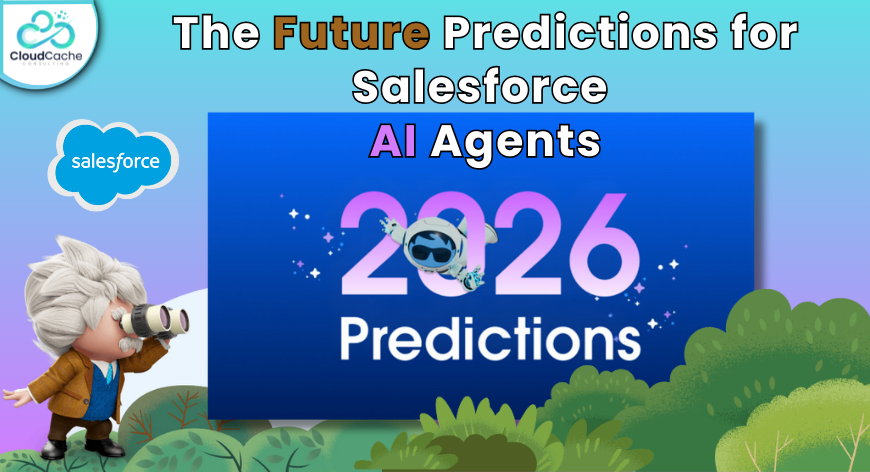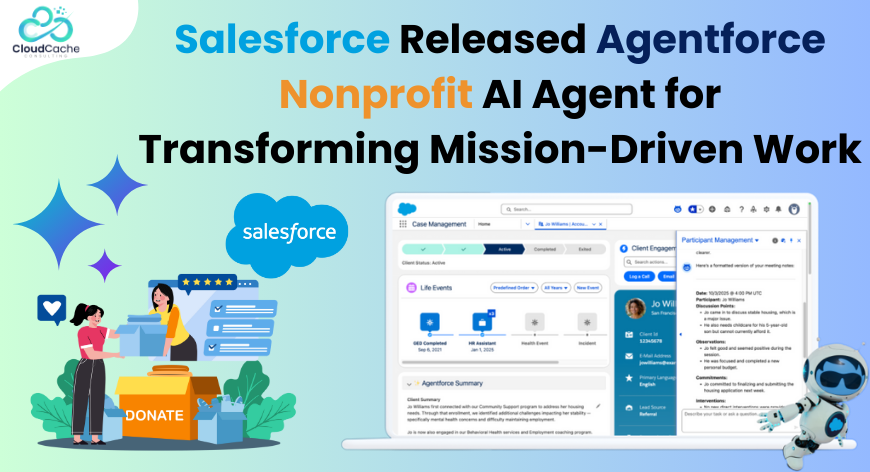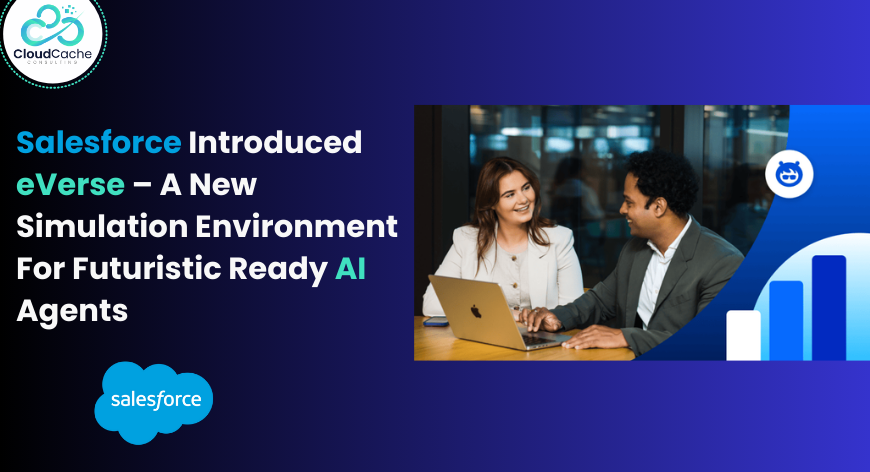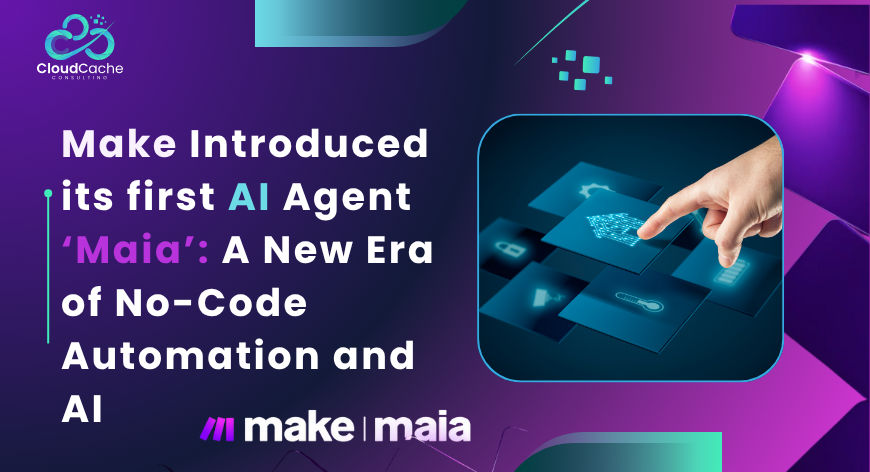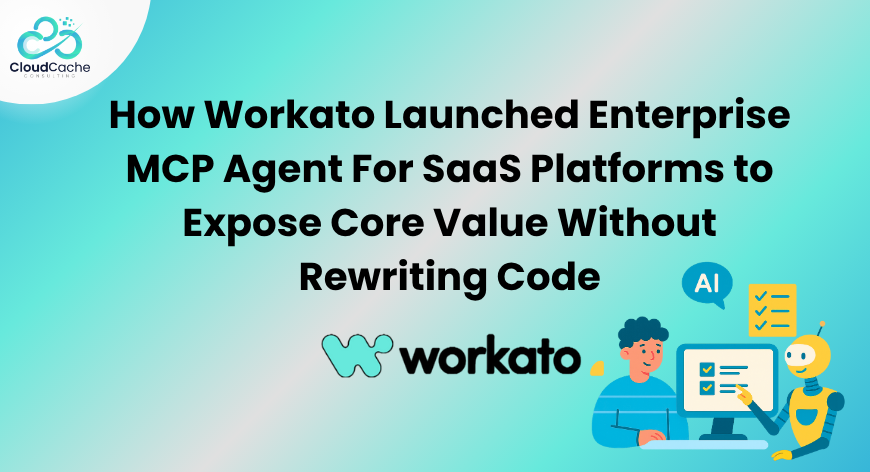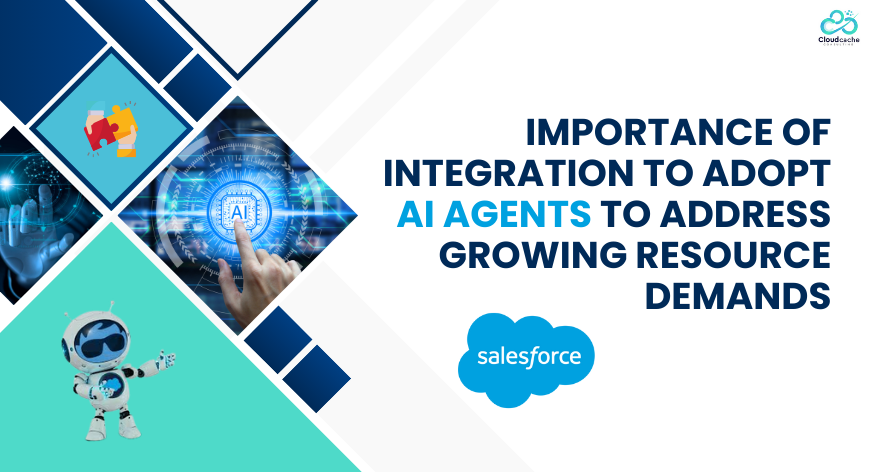
Importance of Integration to Adopt AI Agents to Address Growing Resource Demands
As IT resource demands continue to rise, a new study reveals that 93% of enterprise IT leaders have either implemented or plan to implement AI agents within the next two years. However, integration challenges are preventing organizations from fully utilizing AI’s potential to build a scalable digital workforce, which could significantly ease IT workloads.
Key Insights from the Study
The research, based on responses from 1,050 enterprise IT leaders, highlights that 95% of respondents struggle with system-wide data integration. On average, only 29% of applications within organizations are connected, which directly impacts the accuracy and efficiency of AI agents.
Why This Matters?
AI agents rely on integrated data to fully understand user queries and provide meaningful outputs. These agents pull structured and unstructured data from sources such as CRM, ERP, HCM, email, PDFs, and communication tools like Slack. By ensuring proper data and system integration, businesses can create an AI-powered workforce capable of handling a variety of tasks—both simple and complex—across departments.
Real-World Example: Adecco’s AI-Driven Transformation
Adecco Group, a global talent company, is revolutionizing recruitment with Salesforce’s Agentforce. By leveraging MuleSoft and Data Cloud, Adecco has centralized data from over 40 systems. This integration enables recruiters to use Agentforce to accelerate job placements, provide personalized services at scale, and enhance overall efficiency and decision-making processes.
Rising IT Demands and the Role of AI Agents
- IT teams are already overwhelmed with maintaining existing systems while facing increasing demand for AI solutions.
- The percentage of projects not delivered on time has increased to 29% in 2024, up from 26% in 2023.
- 86% of IT leaders expect workloads to continue rising, with an anticipated 18% increase in projects from 2024 to 2025.
- Enterprise IT leaders have significantly increased spending on IT staff, with an estimated $16.9 million in 2024—a 61% jump from $10.5 million in 2023.
AI agents and integration solutions present an opportunity to boost productivity, enhance efficiency, and lower costs. Among IT leaders, 93% believe AI will improve developer productivity within the next three years, and those already using AI agents express even greater confidence (98%).
Currently, around 39% of IT teams’ time is spent designing, building, and testing custom integrations between systems. With the right integration strategies, much of this effort can be automated, freeing up IT resources for more strategic initiatives.
Complex IT Infrastructures Limits AI Agent Performance
The increasing number of enterprise applications and AI models is creating data silos, which hinder AI agents’ ability to function effectively.
- 90% of IT leaders report that data silos are creating business challenges.
- This challenge is more pronounced among organizations using AI agents (94%) compared to those not using them (87%).
- On average, enterprises manage 897 applications, with AI-enabled organizations using even more (1,103 apps)—45% more than those without AI agents (762 apps).
- The number of AI models used by enterprises has doubled from an average of nine in 2024 to 18 in 2025.
- Organizations utilizing AI agents operate with an average of 22 AI models, compared to 15 AI models for those not yet using agents.
How APIs and Connectivity Enhance IT and AI Agent Capabilities
By aligning AI and integration strategies, organizations can simplify their IT infrastructure, maximize data utilization, and enable AI agents to function optimally. With integrated systems, AI agents can access critical business data, interact with existing automations, and improve enterprise-wide efficiency.
Organizations Using APIs Benefit From:
- Improved IT infrastructure (56%)
- Enhanced data sharing across teams (49%)
- Seamless integration of disparate systems (46%)
Additionally, 50% of an organization’s internal software assets are available for reuse, providing an opportunity to leverage existing data and investments through APIs instead of building new solutions from scratch.
APIs Drive Broader Business Value
Beyond enhancing AI agents, APIs contribute significantly to business efficiency and revenue growth. IT leaders report key benefits such as:
- Increased productivity (49%)
- Faster response to business needs (49%)
- Higher employee engagement and collaboration (47%)
- Greater innovation and autonomy for teams managing IT needs (46%)
More than 37% of IT teams are using APIs to improve application development efficiency, and on average, 40% of company revenue is now generated from APIs and API-related implementations. Among AI-enabled organizations, this figure is even higher at 45%.
Conclusion
Salesforce AI agents have the potential to revolutionize IT operations, but their effectiveness is highly dependent on seamless data integration. As businesses continue to expand their use of AI, investing in APIs and connectivity solutions will be critical to unlocking AI agents’ full potential, driving efficiency, and maximizing business outcomes.
Stay connected with CloudCache Consulting for more updates.
